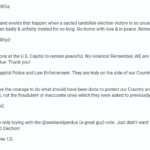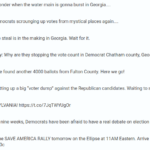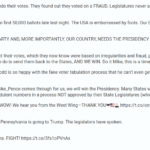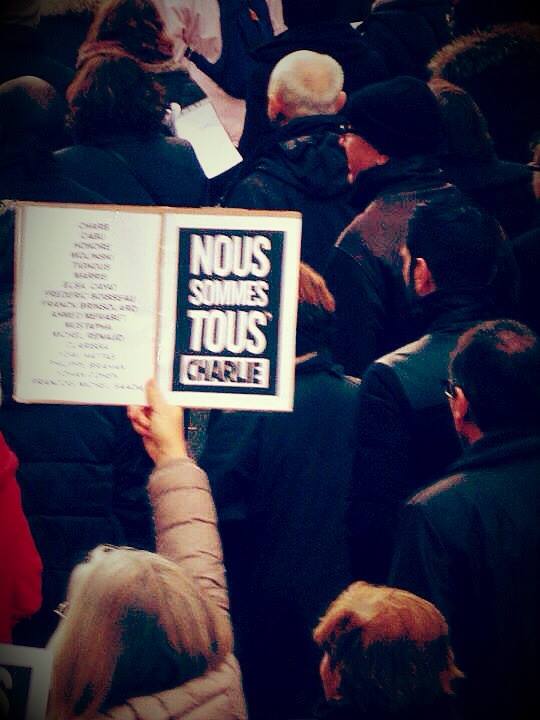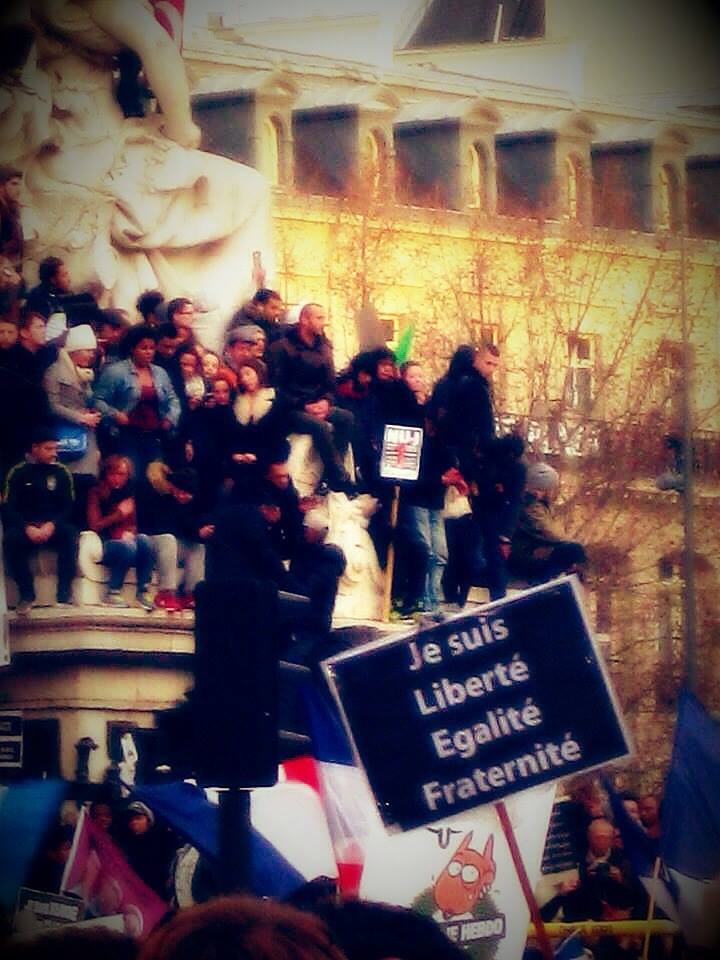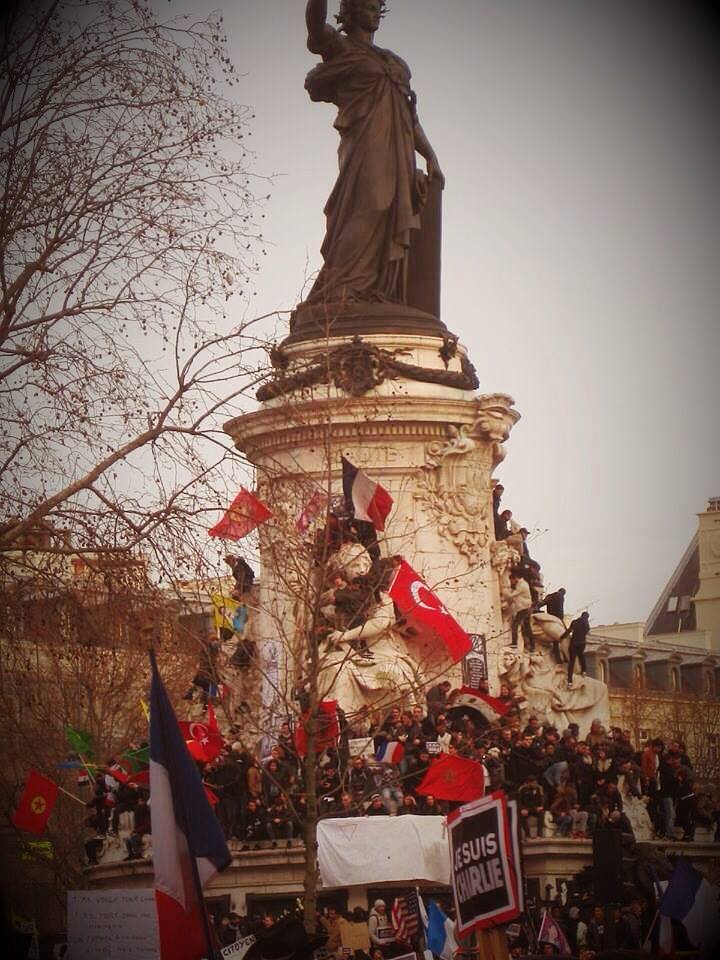The US president was locked out from posting new messages on his Facebook and Twitter accounts after an unruly group of supporters assembled outside the capitol building where Biden’s election win was being confirmed.
The lockdown on Twitter lasted 12 hours until the president removed tweets Twitter said violated its ‘civic integrity policy,’ but Zuckerburg said that Trump would be silenced on Facebook and Instagram for at least two more weeks until his presidential term was over. Facebook and Twitter are two of the main ways the president communicates with citizens and the world.
It is the first time social media platforms have chosen to limit the free speech of such an important figure.
Trump’s tweets from Jan 6, 2020, as recorded by thetrumparchive.com
Many news organizations covered the story using language such as ‘Trump Incites Rioters.’
Following Trumps ‘ban,’ there was renewed talk about treating social media platforms, where people share informative content, as publishers themselves, in part because their algorithms amplify things shared when those things are engaging. There was also talk about how the social media platforms that censored the president’s content did so as a response to content or events but without first drawing their ‘red line’ and saying which content is and isn’t allowed on their platforms.
Some of Trump’s staff resigned following the incident at the Capitol building, and there were also a lot of questions why the national guard wasn’t capable of handling the incident properly.
UPDATE January 8: Twitter permanently banned Trump’s account. Google removed Parler, an app like Twitter used by Trump supporters, from the Android app store to make it harder for people to download it, saying Google requires social media apps to have content moderation policies to remove posts that incite violence.

